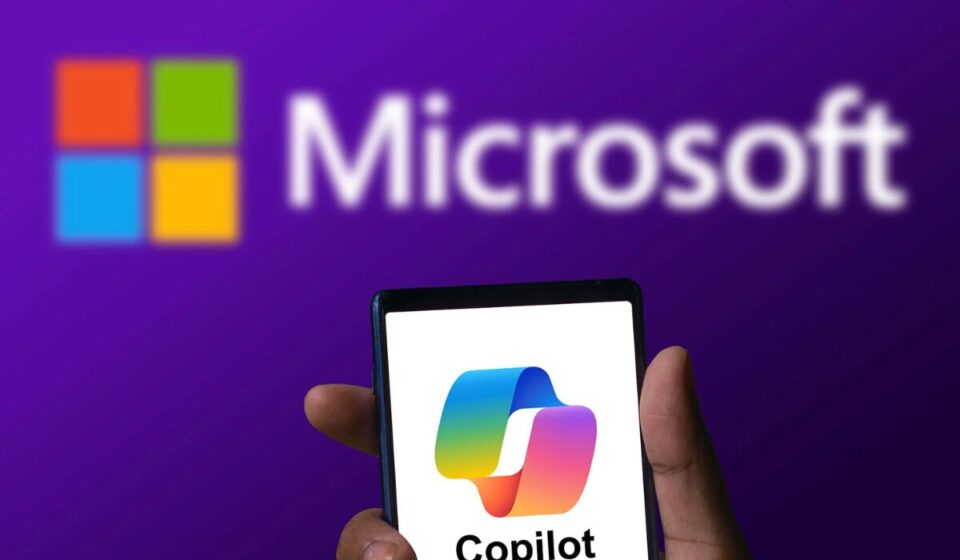In today’s fast-paced business landscape, small business owners are wearing more hats than ever. From marketing and customer service to finances and logistics, running a business can feel like juggling while riding a unicycle. But now, a new kind of support system is stepping in—and it’s not human. It’s artificial intelligence. Specifically, AI co-pilots are quietly transforming the way small businesses operate, making once-complicated tasks faster, smarter, and more efficient.
Unlike traditional software tools, AI co-pilots are intelligent assistants that can analyze data, learn from behavior, and offer suggestions based on context. They’re not just reactive—they’re proactive. Whether it’s generating content, managing customer interactions, forecasting inventory, or crunching financial data, AI is now working alongside business owners to lighten the load.
For example, a small skincare brand in Austin relies on AI to write its newsletters and generate social media content that sounds like the founder herself. The business saves hours each week, allowing the owner to focus on product development and community engagement. Meanwhile, an independent accountant in Mumbai uses AI to summarize client emails, prepare initial reports, and streamline scheduling. As a result, he’s able to take on more clients without working longer hours.
Even cafés and retail shops are seeing tangible benefits. One small café in Bangalore reduced food waste by 25% by using AI to forecast demand and optimize its daily supply orders. What once took complex spreadsheets and guesswork now happens with a few clicks and smarter predictions.
Of course, adopting AI can feel intimidating at first—especially for those without a tech background. But the latest wave of AI tools is built with simplicity in mind. Many require no coding and offer friendly, conversational interfaces. The secret to success isn’t technical expertise—it’s knowing your own business well and teaching the AI what matters most to you.
The shift is clear: AI is no longer reserved for tech giants or research labs. It’s becoming an everyday ally for the solo entrepreneur, the family business, and the neighborhood shop. With the right AI co-pilot in place, small businesses can move faster, respond smarter, and make room for the parts of entrepreneurship that matter most—creativity, connection, and growth.
As we move deeper into the digital era, one thing is certain: businesses that embrace AI now will not only survive but thrive in a future where agility and intelligence are everything.


